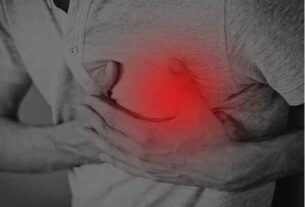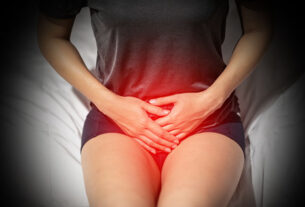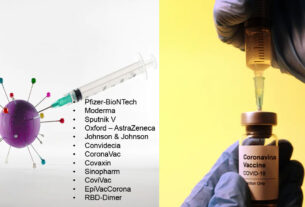There are several non-medication approaches that can help manage ADHD symptoms:
- Regular exercise: Physical activity can improve focus and attention, boost mood, and reduce hyperactivity and impulsivity. Aim for at least 30 minutes of moderate exercise each day.
- Healthy diet: A balanced diet that includes whole grains, fruits and vegetables, lean protein, and healthy fats can help regulate mood and energy levels, and support cognitive function.
- Mindfulness meditation: Practicing mindfulness meditation can help improve attention and reduce impulsivity by increasing self-awareness and promoting emotional regulation.
- Cognitive-behavioral therapy: This type of therapy can help individuals with ADHD develop strategies to manage symptoms, such as organizing tasks, managing time, and coping with stress.
- Adequate sleep: Getting enough sleep can improve focus, attention, and mood. Aim for 7-8 hours of sleep per night.
- Create a routine: Establishing a daily routine can help individuals with ADHD stay organized and on task, and reduce stress and anxiety.
- Seek support: Join a support group or work with a coach who specializes in ADHD to learn coping strategies and receive emotional support.
It’s important to note that these approaches may not work for everyone and that medication may be necessary for some individuals. It’s always best to consult with a healthcare provider to develop a personalized treatment plan.



